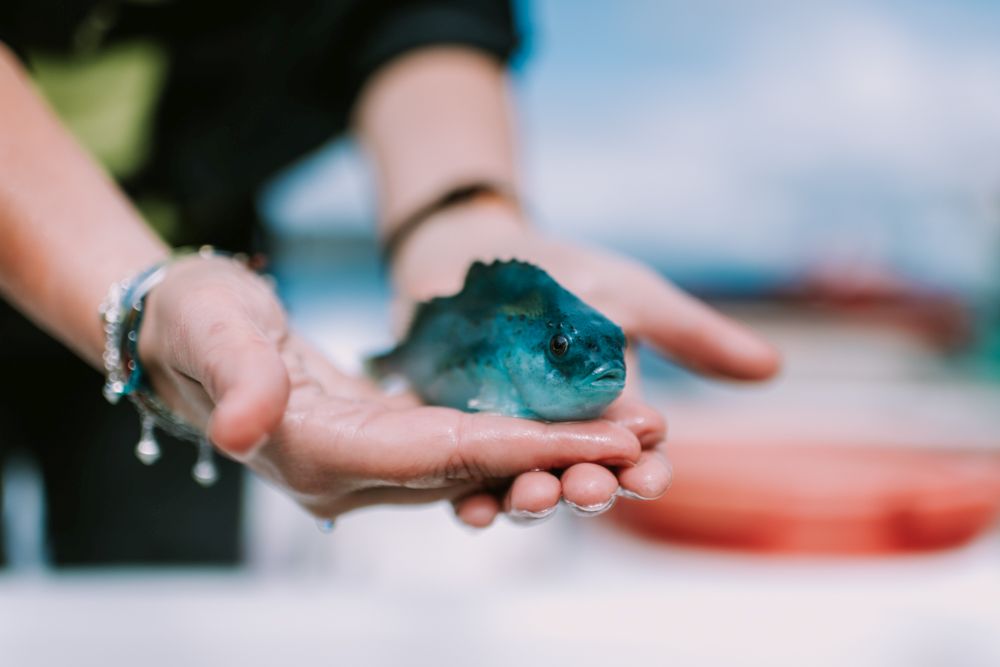RSPCA standards extended to cover cleaner fish

A new version of the RSPCA Assured standards for farmed Atlantic salmon welfare comes into effect from 19 May this year, with more than 300 new standards and amendments.
The standards will apply to the vast majority of salmon production in Scotland.
The new standards include a new set of rules covering non-medicinal treatments for problems like sea lice and gill disease, as well as 80 new standards to ensure the welfare of cleaner fish.
Delousing treatments must now be carried out only on the advice of a veterinarian, and following a risk assessment. Such treatments may only be carried out where it is in the best welfare interests of the fish, as determined by the risk assessment.
The standards set out a range of new rules for carrying out non-medicinal treatments, such as maximum limits for fasting ahead of a treatment, maximum temperatures for thermal delousing and a rule that only one treatment can be carried out in a 28-day period, unless authorised by a veterinarian.
The new standards also include:
- Mandatory regular welfare outcomes assessments at both freshwater and seawater sites;
Improvements to the stunning and slaughter processes, including introducing the requirement for CCTV coverage for the entire slaughter process; - Clarifying the requirement to undertake daily checks for sick or dying fish in all tanks and enclosures, with immediate action required for any issues identified;
- Formal written production plans to prevent unnecessary culling of freshwater parr;
- A requirement that the use of antibiotics on-farm must now be reviewed annually or at the end of a production cycle and that a written action plan, aimed at reducing the use of antibiotics, must be developed and implemented where required;
- Improved oversight and protocols for the transfer and unloading of smolts to minimise stress and escape risks;
- Implementation of over 80 new standards aimed at enhancing cleaner fish welfare, including new rules on catching and transporting wild cleaner fish and a requirement that cleaner fish mortalities and cause of death are recorded.
As of 1 May 2025, cleaner fish must be removed from the crowd in a pen before the salmon are removed for treatment.
Sean Black, Senior Scientific Officer and aquaculture specialist at the RSPCA, said: “The new farmed Atlantic salmon standards will be a huge step forward for fish welfare and among other changes, include pioneering new standards for non-medicinal treatments for sea lice and gill disease.
“Further, we are pleased to introduce over 80 new standards to improve cleaner fish welfare. These include the need to risk assess the impact of treatments on their welfare, the requirement to record, categorise and monitor all mortality causes and reduce transport stocking density.”
RSPCA Assured said its welfare standards have been a catalyst for change throughout the entire salmon industry for over 20 years, with most farms in Scotland now adopting these standards. They are also internationally recognised as being world leading, the organisation added.

